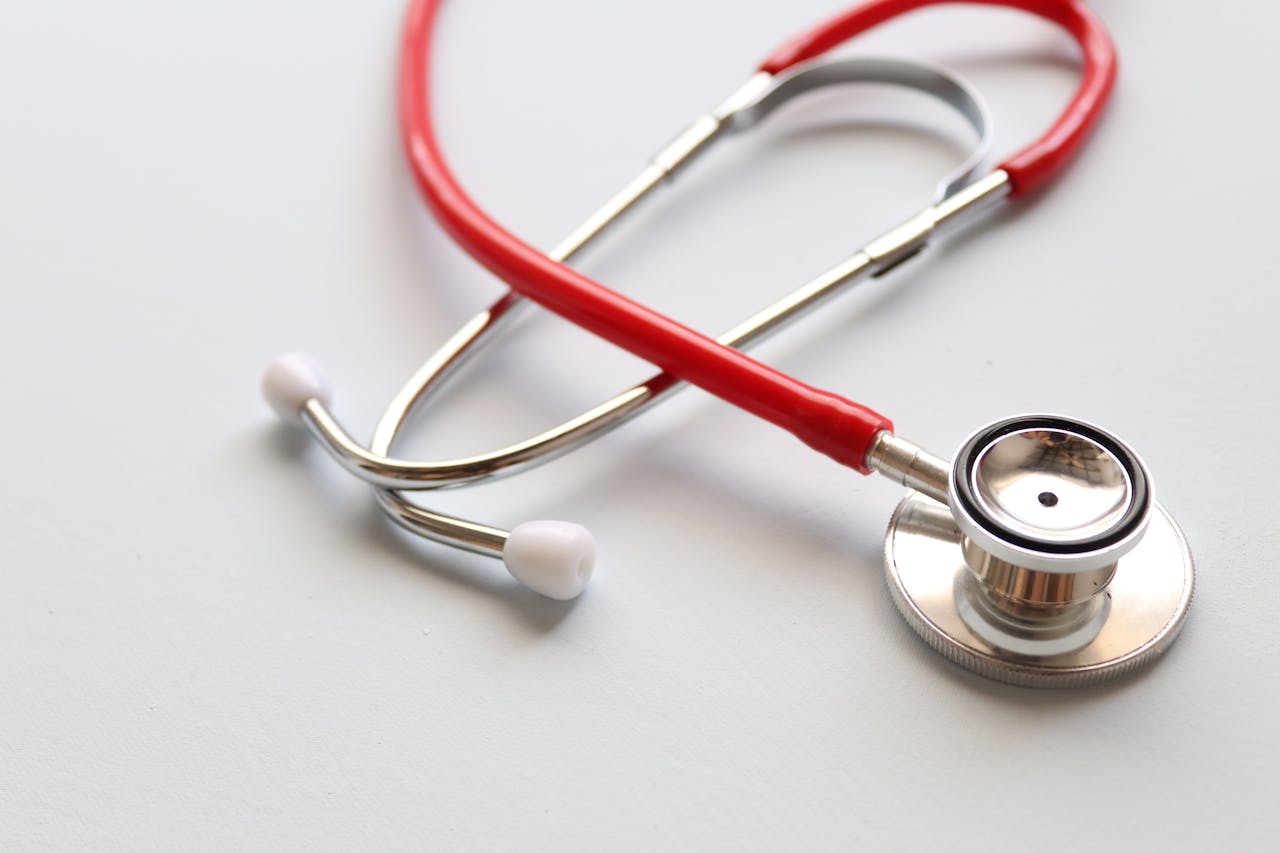The diagnosis of Chronic Kidney Disease (CKD) stage 2 can bring a wave of questions and concerns. One of the most common queries is whether it's possible to reverse CKD stage 2 at home. Understanding the nuances of this condition is crucial for navigating the best course of action.
CKD is characterized by a gradual loss of kidney function over time. Stage 2 CKD indicates mild kidney damage with a glomerular filtration rate (GFR) between 60 and 89 mL/min/1.73 m². While this stage signifies reduced kidney function, it's important to understand that the kidneys still perform many essential tasks.
The term "reverse" might be misleading in the context of established kidney damage. It's often more accurate to think about slowing the progression of CKD and improving kidney health. While completely reversing kidney damage might not always be feasible, especially with significant scarring, adopting proactive strategies at home can significantly impact the disease's trajectory.
Lifestyle Modifications: The Cornerstone of Management
Several lifestyle adjustments can play a pivotal role in managing CKD stage 2. Dietary changes are paramount. Consulting with a registered dietitian specializing in kidney disease can provide personalized guidance. Generally, a kidney-friendly diet often involves limiting sodium, phosphorus, and potassium intake, depending on individual lab results. Protein intake might also need to be monitored. Embracing a whole-foods approach, rich in fruits, vegetables, and lean proteins, is generally recommended for overall health and can support kidney function.
Maintaining a healthy weight is another crucial aspect. Obesity can put extra strain on the kidneys, potentially accelerating the progression of kidney disease. Regular physical activity, tailored to individual capabilities, can aid in weight management and improve overall well-being. Aim for moderate-intensity exercise for at least 30 minutes most days of the week, after consulting with your healthcare provider.
Managing blood pressure and blood sugar levels is also essential, especially if these conditions are contributing factors to your CKD. High blood pressure can damage the delicate blood vessels in the kidneys, while diabetes can lead to diabetic kidney disease. Adhering to prescribed medications and making lifestyle changes to keep these conditions under control is vital for kidney health.
Smoking is detrimental to kidney health and can significantly worsen CKD. Quitting smoking is one of the most impactful steps you can take to protect your kidneys. Similarly, excessive alcohol consumption should be avoided.
Adequate hydration is important, but fluid intake should be guided by your doctor, especially if you have fluid retention. Overhydration can also be problematic for individuals with kidney disease.
Can Supplements Help Reverse CKD Stage 2 at Home?
The role of supplements in managing CKD is a complex topic and should always be discussed with your healthcare team. While some supplements might be beneficial for certain individuals, others could be harmful. It's crucial to avoid over-the-counter supplements without medical advice, as some can strain the kidneys. Your doctor can assess your individual needs and recommend appropriate supplementation if necessary.
Troubleshooting Common Queries:
- "I've heard about herbal remedies. Can they reverse my CKD stage 2?" While some herbs have shown potential benefits in kidney health, there is limited scientific evidence to support their ability to reverse CKD. It's crucial to discuss any herbal remedies with your doctor before use, as some can interact with medications or have adverse effects on kidney function.
- "Is it possible to completely get rid of CKD stage 2 with home remedies alone?" Currently, there is no scientifically proven "cure" for CKD that can be achieved solely through home remedies. The focus of at-home management is on slowing progression and managing symptoms through lifestyle modifications and under the guidance of medical professionals.
- "My doctor hasn't given me specific dietary advice. What should I do?" It's essential to have a detailed discussion with your doctor about dietary recommendations tailored to your specific stage of CKD and lab results. Consider requesting a referral to a registered dietitian specializing in kidney disease for personalized guidance.
- "I feel fine. Do I still need to make these changes?" Even if you don't experience noticeable symptoms in the early stages of CKD, the underlying kidney damage is still present. Adopting healthy habits early on is crucial for slowing the progression of the disease and preventing complications in the future.

